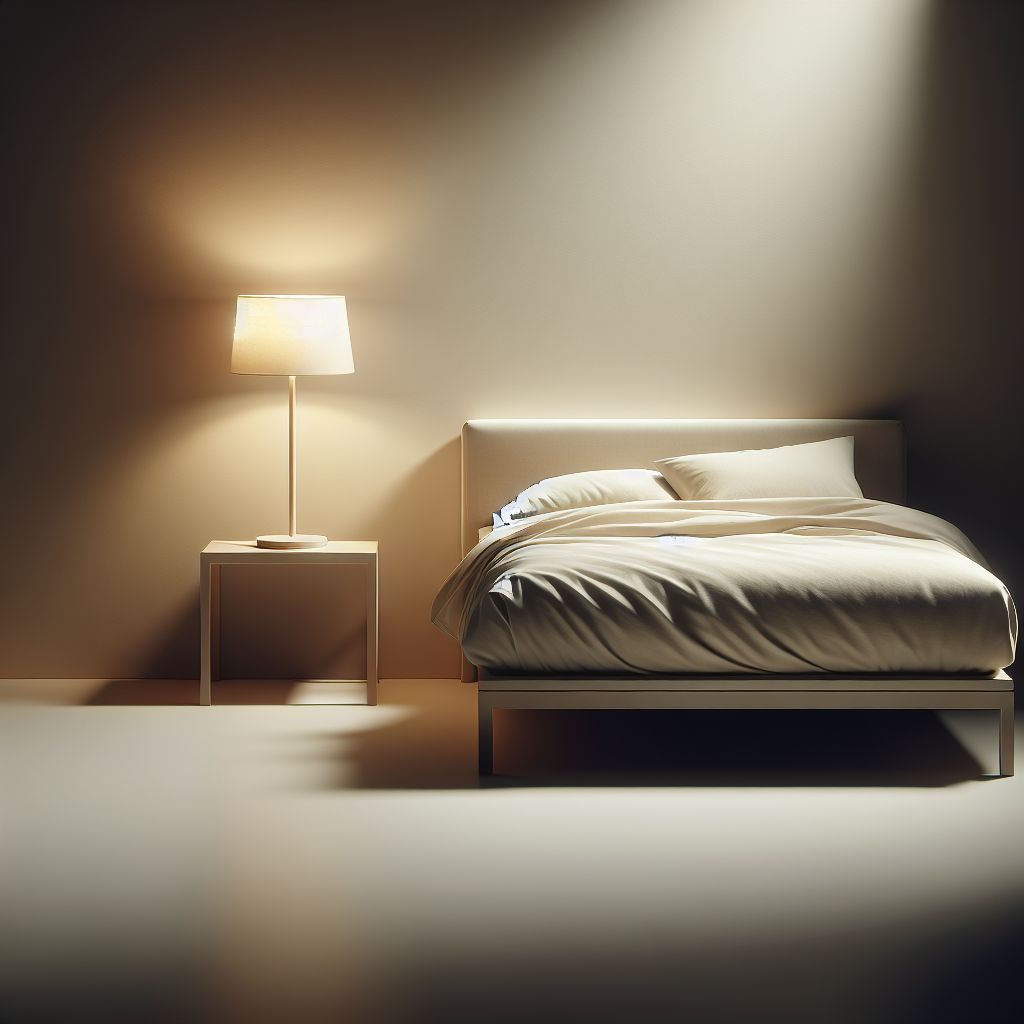Master Your Sleep: Proven Strategies to Fix Your Circadian Rhythm
Expert advice on aligning your internal clock for restful nights and energized days.

Understanding Your Circadian Rhythm
Your circadian rhythm is your body's natural 24-hour clock that regulates your sleep-wake cycle. This internal timer helps determine when you feel alert and when it's time to wind down for sleep. Beyond sleep, your circadian rhythm also influences your mood, energy levels, and metabolism, making it essential for overall well-being.
What Disrupts Your Body Clock
Several factors can disrupt your circadian rhythm, leading to poor sleep and daytime fatigue. Overexposure to blue light from screens, irregular sleep schedules, and long-haul travel are common culprits. Additionally, shift work and late-night activities can throw your body clock off balance, making it harder to maintain consistent sleep patterns.
Signs Your Circadian Rhythm is Off
A misaligned circadian rhythm can show up in various ways. You might have trouble falling asleep, wake up multiple times during the night, or feel groggy in the morning. During the day, you may experience low energy levels, mood swings, and difficulty focusing. Recognizing these signs can help you take steps to reset your internal clock.
Tips to Reset Your Circadian Rhythm
Resetting your circadian rhythm involves adopting habits that support a consistent sleep-wake cycle. Start by getting more sunlight, especially in the morning, to signal your brain when it's time to be alert. Gradually adjust your bedtime by 15-20 minutes each night to align with your desired schedule. Additionally, improving your sleep hygiene by creating a comfortable sleep environment can make a significant difference.
Lifestyle Changes for Better Sleep
In addition to adjusting your sleep routine, making certain lifestyle changes can enhance your circadian rhythm. Reducing intake of alcohol and caffeine, especially in the afternoon and evening, can improve sleep quality. Regular exercise during the day helps regulate your sleep-wake cycle, but avoid intense workouts close to bedtime. Moreover, limiting blue light exposure before bed by turning off screens an hour earlier can help your body prepare for sleep.
Conclusion
Maintaining a healthy circadian rhythm is crucial for restful sleep and overall health. By understanding the factors that influence your internal clock and implementing strategic habits, you can achieve better sleep quality and feel more energized during the day. Start making these changes today to wake up feeling refreshed and ready to take on the day.
